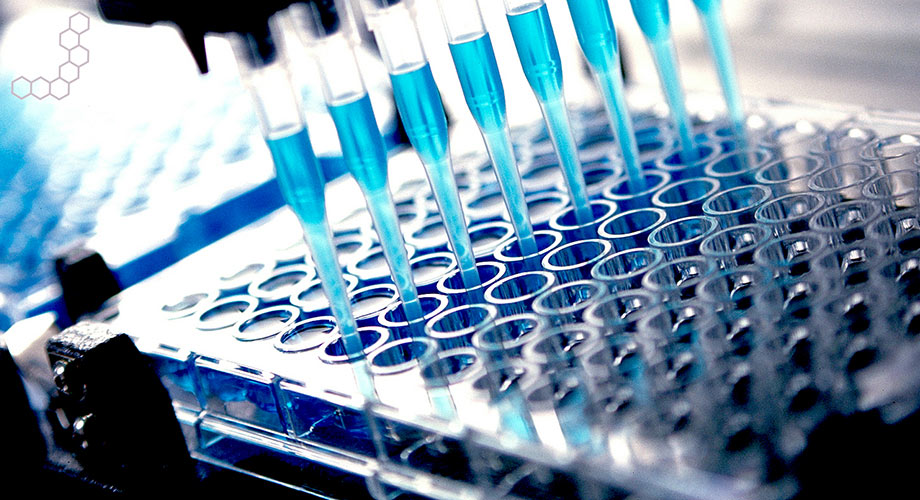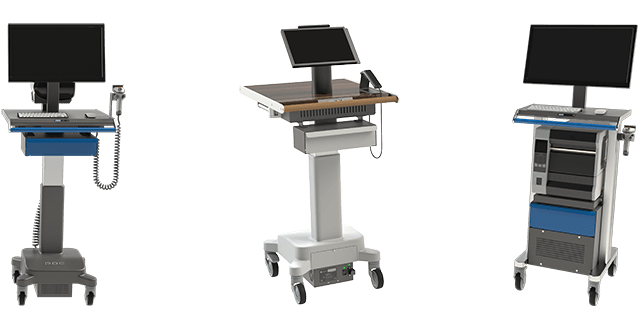Bioanalytical testing plays a vital role in drug development and regulation. As the biopharmaceutical industry continues to innovate and discover new therapeutics, it is crucial that robust bioanalytical methods are applied to characterize molecules and validate their intended pharmacokinetic and pharmacodynamic properties.
Drug Quantification in Biological Matrices
One of the core functions of bioanalytical testing is quantifying the amount of drug molecules present in complex biological samples such as blood, plasma, serum, urine, tissue homogenates, and other matrices. Highly sensitive and specific assays are developed and validated to detect trace quantities of drugs and their metabolites. Liquid chromatography coupled with mass spectrometry (LC-MS/MS) has become the gold standard technology for drug quantification due to its accuracy, sensitivity, selectivity and high-throughput capabilities. Bioanalytical laboratories offer a variety of quantitative bioanalysis services using LC-MS/MS including method development, validation, sample analysis, and reporting. Validated bioanalytical methods are essential for interpreting preclinical and clinical pharmacokinetic studies.
Immunoassay Development and Validation
In addition to mass spectrometry-based methods, immunoassays such as enzyme-linked immunosorbent assays (ELISAs) play an important role in certain applications such as vaccine batch release testing and diagnostic development. Bioanalytical testing laboratories provide services to generate monoclonal and polyclonal antibodies that can selectively recognize target molecules. Immunoassays are then developed and stringently validated according to regulatory standards to ensure reliability and reproducibility of generated data. While not as sensitive as modern mass spectrometry techniques, immunoassays offer advantages such as simplicity, speed, and use in raw biological matrices without pretreatment.
Bioequivalence and Bioavailability Assessments
As the patents of original drug products expire, generic versions of medications enter the market to provide more affordable treatment options. To prove equivalence to the reference listed drug, generic drug companies must conduct bioequivalence studies per regulatory agency guidelines. Bioanalytical Testing Services is integral to these study programs, quantifying and comparing plasma concentrations of drug substances between test and reference products. Quantitative data derived from well-designed clinical bioequivalence studies allows generic approval based on demonstration of equivalent rates and extents of absorption. Similar methodology is applied in assessing the bioavailability of new drug formulations to support dosage selection and regulatory filings.
Pharmacokinetic Sample Analysis
Understanding how drug molecules behave in the body after administration is crucial for clinical development and safe use. Bioanalytical testing laboratories offer sample analysis services for a wide variety of preclinical and clinical pharmacokinetic study designs including small molecule and large molecule PK, tissue distribution, metabolism, drug-drug interaction, and bioequivalence assessments. Large sample throughput requirements can be readily handled through automated high-productivity workflows incorporating latest analyzers and robotics. Comprehensive PK/PD reports assist biopharma clients to make data-driven decisions.
Immunogenicity and Anti-drug Antibody Testing
Protein-based therapeutics carry an inherent risk of eliciting an unwanted immune response in patients. Detecting anti-drug antibodies (ADA) is an important consideration during development and postmarketing surveillance of biologics. Sensitive electrochemiluminescence, flow cytometry and bridging ELISA methods can specifically identify and characterize ADA formation. ADA positive samples undergo isotyping and titration analysis. Bioanalytical laboratories provide ADA screening, confirmation and titration expertise to assess immunogenicity liabilities. ADA data supports determination of safety, efficacy and dosing regimens for biologics.
Bioanalysis Strategic Consultation
Cutting-edge bioanalytical testing requires specialized skills and infrastructure. Contract testing facilities also provide strategic consultation services to support clients’ bioanalysis needs. Scientific experts help design optimal quantification strategies, advise on method validation and sample analysis plans according to regulatory and scientific guidelines. Consultants work closely with drug developers to troubleshoot bioanalysis challenges, ensure regulatory compliance of submitted data packages, and transfer validated methods to support commercial manufacturing batches. Their involvement facilitates seamless integration of bioanalysis into research and product development timelines.
Bioanalytical testing plays a vital role in modern drug development by providing quantitative and qualitative pharmacology data. With evolving regulatory standards and complex new drug modalities, outsourcing to specialized testing laboratories streamlines resource-intensive bioanalysis operations. Clients benefit from deep scientific expertise, robust infrastructure, and compliance focus of leading bioanalytical service providers. Their services ultimately enable safer and more effective medications to reach those who need them. Advancing technologies will further enhance capabilities to support tomorrow’s therapeutics.
*Note:
1. Source: Coherent Market Insights, Public sources, Desk research
2. We have leveraged AI tools to mine information and compile it



